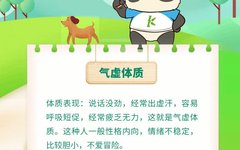Nine Major Constitutions Qi Deficiency Constitution
As the saying goes: “A person lives by a breath.” Traditional Chinese Medicine (TCM) believes that Qi is the most fundamental substance that constitutes the human body, it is the energy of life, the fuel station for our body. Without Qi, it is like a phone without power or a car without fuel.
If you often experience the following situations: you may not have asthma, but you start to feel breathless after climbing just a few flights of stairs, you often feel fatigued and weak, have poor endurance, and are prone to sweating and catching colds, then you likely have a Qi deficiency constitution.
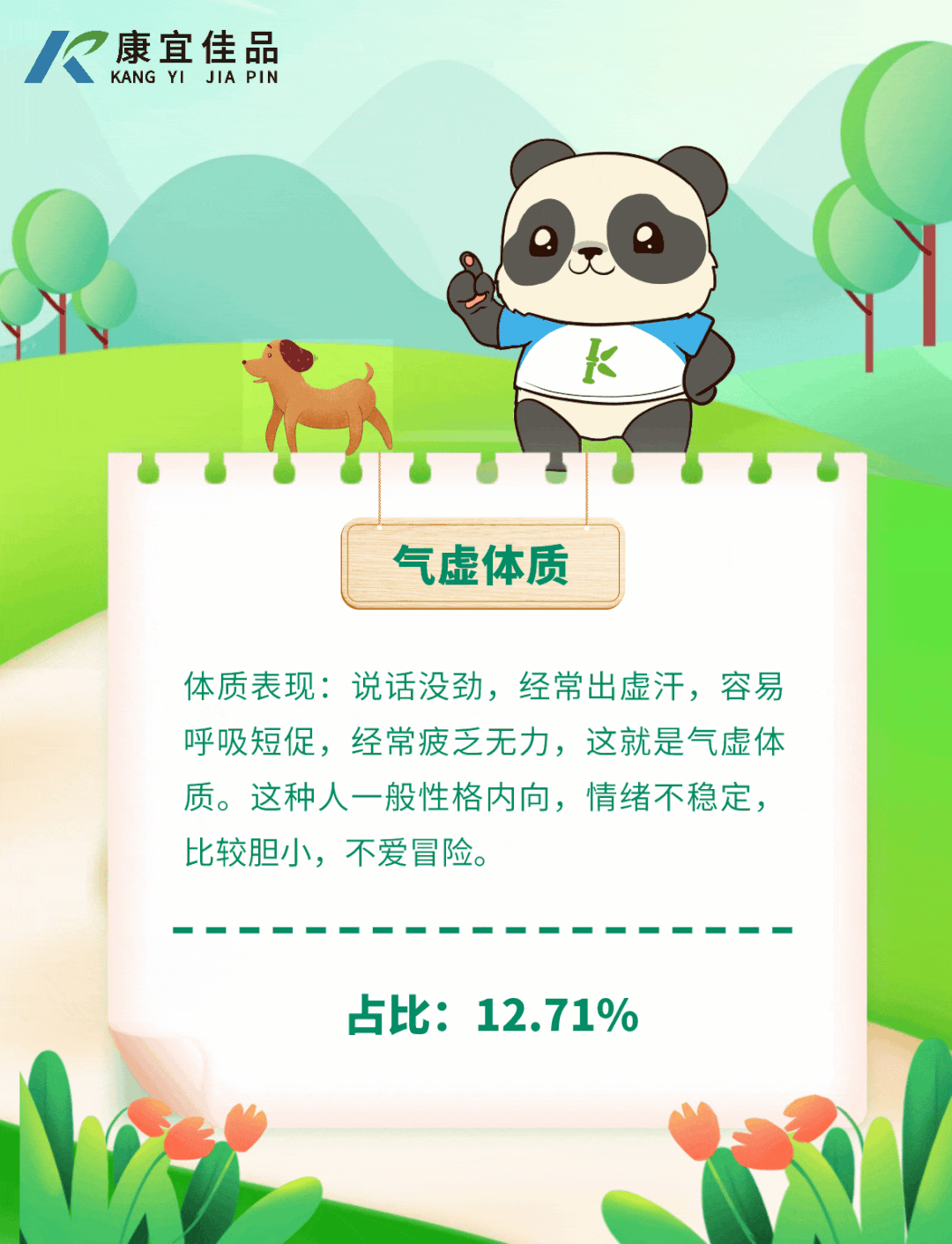
The causes of Qi deficiency constitution are related to congenital insufficiency and postnatal malnutrition, such as when parents are weak during conception, premature birth, improper artificial feeding, picky eating, or due to illness leading to Qi depletion, and aging leading to Qi weakness. People with this constitution are prone to colds and other diseases in cold, windy, and hot weather. Those who do not like to exercise, students, and those engaged in prolonged mental labor are also likely to have Qi deficiency due to lack of physical activity.
What are the manifestations of Qi deficiency constitution?
1. Quiet and lethargic, low energy
Since “Qi” has a “Yang” attribute, its main function is to ensure and promote bodily functions and defend against external pathogens.
People with Qi deficiency often have poor spirits, feel drowsy, easily fatigued, and prefer to sit or lie down or lean against something. Due to their low energy, those with Qi deficiency tend to be quiet and prefer to sit alone in silence, even enjoying sleep.
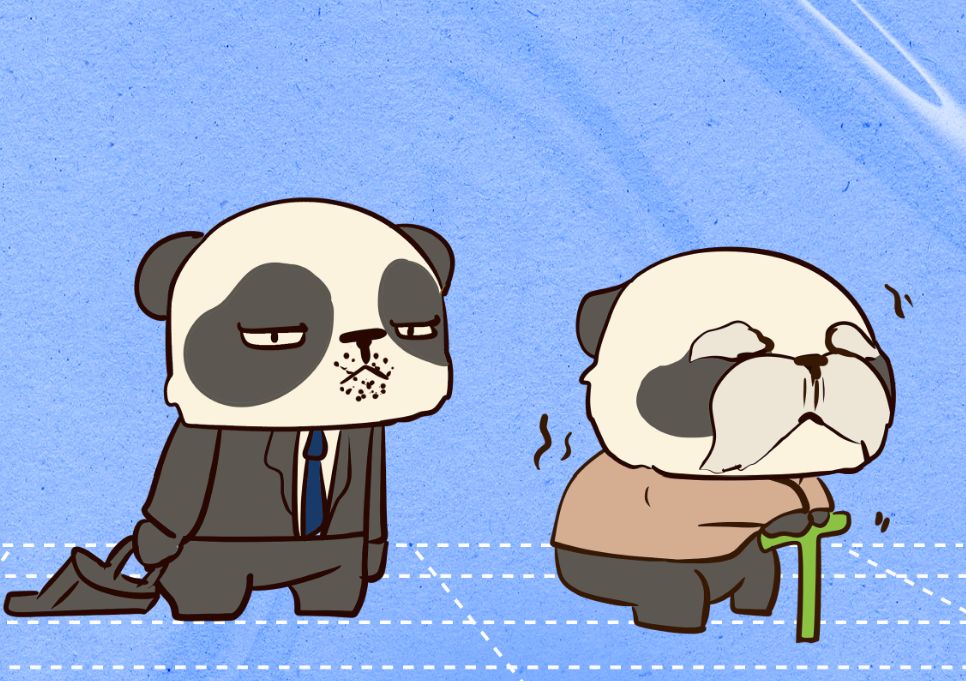
2. Sensitive to cold, prone to colds
People with Qi deficiency generally have a weaker constitution, easily sweating when temperatures rise, and feeling cold when temperatures drop. Those with Qi deficiency often fear air conditioning in hot summer, and when the temperature drops, they are prone to catching colds with recurring symptoms.
From the perspective of TCM, Qi in the body can regulate body temperature and control the state of skin pores. People with Qi deficiency have a poor ability to regulate body temperature and cannot effectively control sweat gland secretion, leading to symptoms of being cold while also sweating.
3. Poor appetite, pale complexionPeople with Qi deficiency often experience abdominal bloating, feeling uncomfortable after eating even a little too much, and may experience abdominal pain, diarrhea, or loose stools. This is because digestion mainly relies on the spleen and stomach, and those with Qi deficiency generally have weak spleen and stomach, making it difficult for undigested food to remain in the body, leading to bloating.Additionally, due to poor appetite and easy fatigue, people with Qi deficiency often have a pale complexion lacking luster.

4. Difficulty breathing, poor physical strengthDifficulty breathing is a common phenomenon among people with Qi deficiency, including but not limited to coughing, wheezing, and shortness of breath. Those with Qi deficiency often have a poor constitution and cannot engage in high-intensity exercise; even light exercise or climbing stairs can leave them breathless, feeling that their “Qi is insufficient.” Generally, this is mainly related to the lungs and kidneys, as people with Qi deficiency often have insufficient lung Qi and inadequate kidney Qi. Words from Xiao Zhi
Words from Xiao Zhi
Dear friends, if your physical condition shares similarities with the above characteristics, you may likely have a tendency towards Qi deficiency constitution. What adverse effects can long-term Qi deficiency constitution bring to the body? Let’s take a look together.
Tendency to Illness
Cold intolerance, prone to colds, infections, and a higher incidence of tumors. Low immunity, prone to colds, organ prolapse, etc.; slow recovery after illness.
Gender Differences
Men may experience weaker sexual function, while women may have scanty menstrual flow that is light in color, and increased thin white discharge.
Long-term Qi deficiency constitution is prone to diseases
People with Qi deficiency are prone to stroke and constipation. Women are likely to develop spots, which are large and light in color, becoming prominent on the forehead and around the lips. Additionally, women with Qi deficiency often experience a significant reduction in menstrual flow, light in color, or even amenorrhea, or prolonged menstrual periods lasting ten days to half a month. Once women with Qi deficiency have inflammation, it is likely to develop into chronic diseases, the most typical being chronic pelvic inflammatory disease.Regulating Qi deficiency constitution is not difficult; through adjusting lifestyle habits and simple dietary modifications, one can quickly improve and regulate Qi deficiency constitution.
Methods for Regulating Qi Deficiency Constitution
Dietary Aspects
The spleen is the source of Qi and blood transformation. Qi mainly relies on the spleen to continuously digest and absorb the essence of food, converting it into Qi. Therefore, for those with Qi deficiency, it is beneficial to consume foods that tonify Qi and strengthen the spleen.
- Grains: including millet, japonica rice, glutinous rice, and lentils;
- Meats: including beef, rabbit, pork stomach, chicken, duck, goose, silver carp, yellow croaker, pigeon, quail, and donkey meat;
- Vegetables: including cauliflower, carrots, shiitake mushrooms, spinach, black fungus, white fungus, and lion’s mane mushrooms;
- Fruits: including peanuts, red dates, grapes, and longan flesh;
Additionally, one can gradually supplement with Chinese herbs such as Dang Shen (Codonopsis), Huang Qi (Astragalus), Ren Shen (Ginseng), Bai Zhu (Atractylodes), Shan Yao (Chinese Yam), Tai Zi Shen (Pseudostellaria), and Xi Yang Shen (American Ginseng).
Huang Qi is known for its Qi tonifying properties, and it is particularly suitable for individuals with Qi deficiency who are prone to colds. It can be paired with Shan Yao for strengthening the spleen, dispelling dampness, and tonifying Qi.
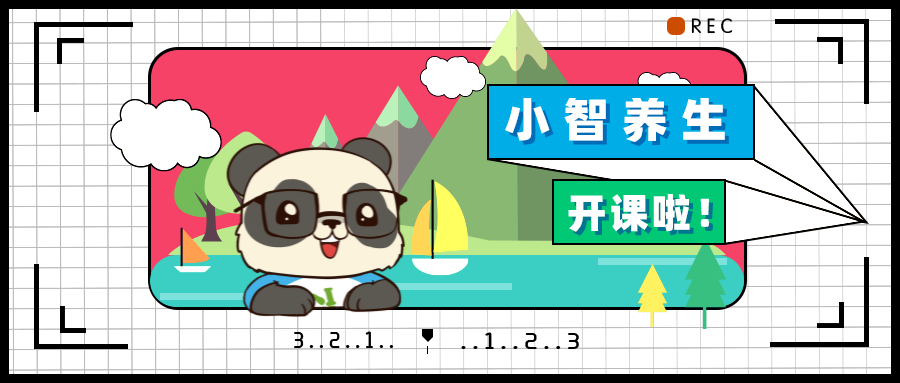
Acupoint Nourishment
Health preservation is a lifelong endeavor, not a short-term task. To live a healthy and beautiful life, daily behaviors must cultivate good habits.People with Qi deficiency can massage and moxibust three acupoints that tonify Qi: Shan Zhong (Ren 17), Zu San Li (St 36), and Yin Gu (K 10).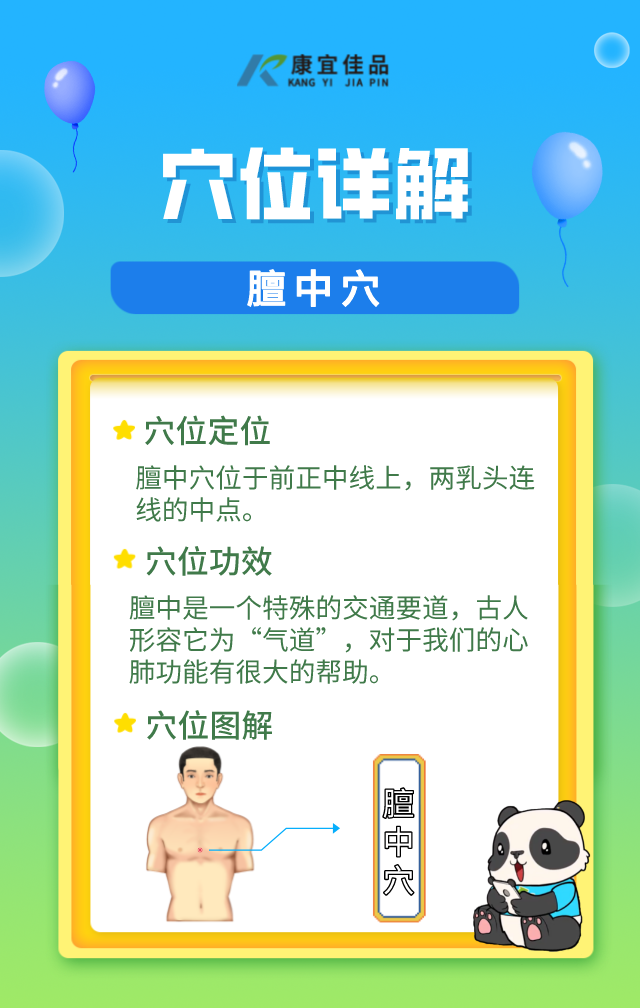 【Shan Zhong】 is located in the chest, on the midline, at the level of the 4th intercostal space, at the midpoint of the line connecting the two nipples. It is suitable for those with Qi deficiency leaning towards heart and lung Qi deficiency.【Zu San Li】 is located about four finger widths below the outer side of the kneecap. Place the palm on the top of the knee, with fingers pointing down; the tip of the middle finger is one finger’s width outward from the knee, which is the Zu San Li acupoint. It is suitable for those with Qi deficiency leaning towards spleen and stomach Qi deficiency.【Yin Gu】 is located on the inner side of the popliteal fossa, between the tendons of the semitendinosus and semimembranosus muscles when the knee is flexed. When sitting upright or lying down, Yin Gu is about 5 cm above the inner side of the knee joint. It is suitable for those with kidney Qi deficiency.Specific Method: Press each acupoint 100 times each time; guasha can also be performed until redness and warmth appear. Moxibustion can start from 10 minutes at each acupoint, gradually increasing the time, with a cycle of 7 days on and 3 days off, adjusting according to personal conditions.
【Shan Zhong】 is located in the chest, on the midline, at the level of the 4th intercostal space, at the midpoint of the line connecting the two nipples. It is suitable for those with Qi deficiency leaning towards heart and lung Qi deficiency.【Zu San Li】 is located about four finger widths below the outer side of the kneecap. Place the palm on the top of the knee, with fingers pointing down; the tip of the middle finger is one finger’s width outward from the knee, which is the Zu San Li acupoint. It is suitable for those with Qi deficiency leaning towards spleen and stomach Qi deficiency.【Yin Gu】 is located on the inner side of the popliteal fossa, between the tendons of the semitendinosus and semimembranosus muscles when the knee is flexed. When sitting upright or lying down, Yin Gu is about 5 cm above the inner side of the knee joint. It is suitable for those with kidney Qi deficiency.Specific Method: Press each acupoint 100 times each time; guasha can also be performed until redness and warmth appear. Moxibustion can start from 10 minutes at each acupoint, gradually increasing the time, with a cycle of 7 days on and 3 days off, adjusting according to personal conditions.
Lifestyle Aspects
Engage in appropriate exercise. Most people with Qi deficiency have developed this condition due to their postnatal living environment and habits, which, in Western medicine terms, is closer to “cardiopulmonary function” deficiency. Regular participation in physical exercise can promote blood circulation and enhance physical strength. Those with Qi deficiency should avoid intense exercise; gentle activities such as walking, jogging, Tai Chi, and Ba Duan Jin are more suitable.

Maintain a regular daily routine, take appropriate naps in summer, and ensure adequate sleep. Pay attention to keeping warm, avoid sweating in labor or intense exercise; do not overwork to prevent damaging the vital Qi. Avoid heavy exercise and excessive sweating, and refrain from using excessive force or holding breath for long periods to prevent depleting the original Qi.

